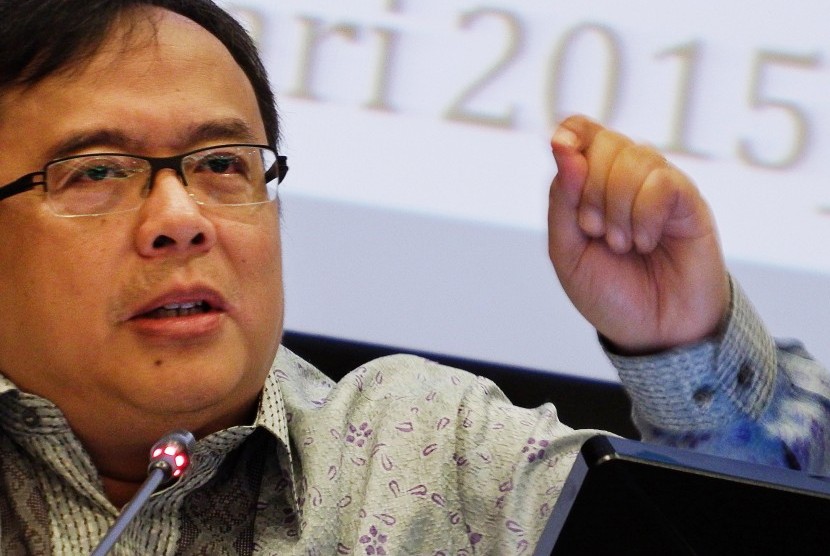REPUBLIKA.CO.ID, JAKARTA -- The development of the Islamic financial industry in Indonesia has entered its third decade. There are many developments that has occurred during 30 years.
Vice President Jusuf Kalla (JK) asked Islamic economic institutions to be more competitive in order to compete with conventional banks. To win the competition, according to JK, Islamic economics should be inexpensive and fast. This value will attract businessmen, not only the Muslim one but also non-Muslims.
"How Islamic financial system becomes more competitive into a system that not only talk halal and haram," said JK, during the third Congress of the Association of Indonesian Sharia Economics Expert in Dhanapala Building, Ministry of Finance, on Thursday, April 30.
In the same event, Minister of Finance, Bambang Brodjonegoro, said that the first decade was marked by the establishment of the first Sharia bank, Bank Muamalat in 1991. Then followed by Takaful two years later.
Then, added Bambang, entering the second decade in 2000, Indonesia Stock Exchange launched the Jakarta Islamic Index as a guide for capital market investors in selecting a portfolio of stocks that were not contrary to Sharia principles.
"The decade also marked by the first sharia bond issuance by corporations," said Bambang.
Still in the second decade precisely in 2008, the government passed Law no. 19 of 2008 on the state sharia securities (SBSN) which is followed by the issuance of sukuk.
In the third decade, Bambang said, Indonesia ranked third worldwide in terms of number of institutional sharia finance industry. But in terms of total assets, Indonesia ranks ninth with total assets of 34.63 billion USD.
"This is equivalent to 2.1 percent of the world market share," he said.
Bank Syariah Mandiri president director Agus Sudiarto mentioned that the aggregate growth of sharia banks in Indonesia from 2000 to 2014 exceeded conventional banks. It can be seen from several indicators.
Agus said, the growth of the total assets of sharia banks, if calculated based on the compound annual growth rate (CAGR), was 43.16 percent. This growth outperformed conventional banks by 12.4 percent.
In terms of financing, said Agus, 43 percent of this growth is higher than conventional banks by 19 percent.
Despite the higher aggregate growth, total assets of all new sharia banks reach 222 trillion IDR. Total assets are still lower when compared to total assets of large banks in Indonesia individually.
Though growing rapidly, said Agus, unfortunately, sharia banking industry experienced a slowdown in the last three years. One factor that inhibits the growth is the lack of human resources.
Agus said, the average need of HR in sharia banking industry per year is approximately 5,900 people. While graduates of colleges or universities with courses related to sharia banking are only 1,500 people.
"In terms of quantity we already seen that sharia banking is a shortage of human resources. This must be addressed in order to accelerate the sharia banking industry in Indonesia," said Agus.
Agus hopes the government could take the initiative to expand further Islamic financial institute as an educational institution to promote sharia banking industry in Indonesia.
Agus added, the problem is not only related to the quantity of human resources., but also the quality. He said, not all sharia banking courses that exist today, according to the quality requirements in the industry. Finally, all that happened was just the transfer of personnel from one sharia bank to another sharia bank.



